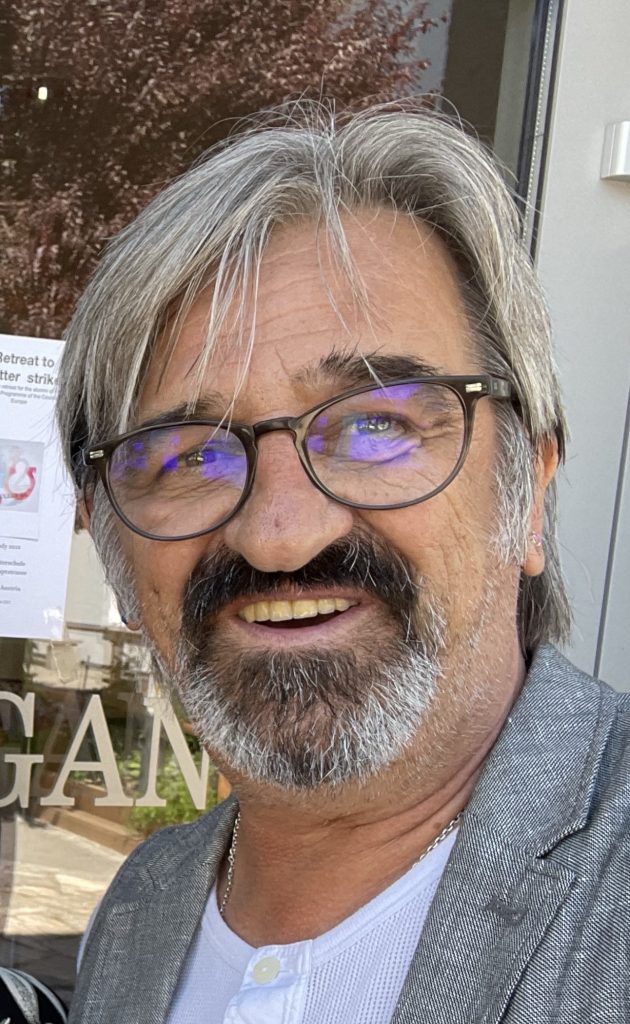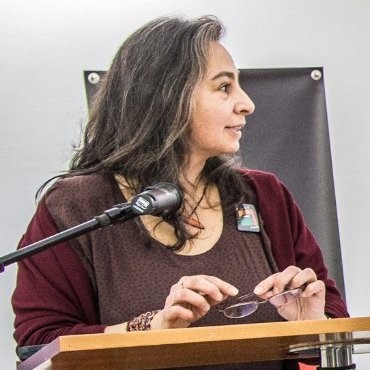IFFE Board
IFFE is managed by a board of three who founded IFFE in order to support international action, research and development and debate in the field of education with a focus on fundamental levers that will make a difference.

Josef Huber, President, worked in the Education Department, Directorate of Democratic Participation, of the Council of Europe, from 1998 until he retired in March 2019. Between 2018 to 2019 he was responsible for international cooperation and capacity building projects as well as the development of an online learning portal with a catalogue of resources, self-learning courses and master classes in central thematic aspects of democracy and human rights education. From 2006 to 2017 he was responsible for the Pestalozzi Programme, the Council of Europe programme for the training and professional development of education professionals and for activities in the field of intercultural competences development and media literacy. Up until July 2006 he was involved in the Council’s Higher Education and Research Division, notably in the areas of higher education governance (2005) and the responsibility of higher education for a democratic culture (2006). From 1998 to 2004, as Head of Programmes and Deputy Executive Director of the European Centre for Modern Languages he was responsible for the Centre’s programme of activities and research and development projects and its publications series on language learning and teaching, intercultural communication and language education policy.
He was involved in language education policy development by the Austrian Ministry of Education between 1992 and 1998 and a language teacher in schools and at universities in Austria and abroad before that.

Liliyana Mbeve, Vice-President, has a background in Social and Cultural Psychology. She is a lecturer, researcher and teacher trainer, who worked in different countries and different education settings. She received her first MA in Psychology from the Belarusian State University, and her Post Graduate Diploma in Research from the Academy of Postgraduate Education in Minsk. Her second MSc in Social in Cultural Psychology was jointly from the University of Limerick (Ireland), ISCTE – Lisbon University Institute (Portugal), Koc University (Turkey), and SWPS University of Social Sciences and Humanities (Poland), where she extensively focus on studying migration, diversity, cross-cultural differences and integration. Between 2008 and 2018 she served as a senior lecturer at the third level institution in Belarus, lecturing and researching in the areas psychology of individual differences, social psychology and research methodology, crisis and intervention. Besides that she facilitated at vocational trainings for education professional in the areas of human rights, intercultural communication, sexuality education, prevention of violence and crisis intervention. Between 2014 and 2018 she was involved in various projects of the Pestalozzi Programme of the Council of Europe, conducting research, facilitating at the training events and developing online courses. Her research focuses on the effects of social group processes on individual identity formation and well-being, as well as on the identity changes under the influence of the exposure to various cultural contexts. Currently she serves as a researcher at the University College Dublin providing expert research support and development of evidence-based policies in the area of cultural integration and prevention of discrimination of minority groups in Ireland.

Ildikò Làzàr
Ildikó Lázár, Vice-President, is an associate professor at Eötvös Loránd University in Hungary, offering courses on language pedagogy and intercultural communication. She has also worked as a researcher and trainer in many Council of Europe and Erasmus projects as well as for local and international NGOs. Since 2012 she has been coordinating a community of practice for teachers’ professional development on a voluntary basis in Budapest. She has published research articles on intercultural language teaching with a special focus on ways to bring about change in teachers’ beliefs and practices in the fields of inclusive education, blended learning and intercultural competence development. She is also co-author and co-editor of several books for teachers and teacher educators, including Developing Intercultural Competence through Education (2014) and TASKs for Democracy (2015) published by the Council of Europe. Her most recent book Mirrors and windows in language teacher education – Intercultural competence and reform pedagogy (2022) was published by Cambridge Scholars. She is on the Advisory Board of the World Council for Intercultural and Global Competence.
-x-x-x-x-x-x-x-x-x-x-x-x-x-x-x-x-x-x-x-x-x-x-x-x-x-x-x-x-x-x-x-x-x-x-x-x-x-x-x-x-x-x-x-x-x-x-x-x-x-x-x-x
Former Board members
2021 – 2023

Stefan Schustereder, Vice-President, works as a teacher, teacher trainer, counsellor and post-doctoral researchers in a variety of educational settings. He has served as a teacher in English and History with the Theodor-Schwann-Kolleg in Neuss since 2015 where he is also head of the school development team and the board of English teachers. He has worked as a teacher trainer since 2016 developing, organizing, and leading workshops and courses on teaching history and historical learning as well as issues in digital education and learning. Since 2017, Stefan has served as expert and course coordinator for the Council of Europe in Strasbourg where he participated in the development of an online learning portal with a catalogue of resources, self-learning courses and master classes in central thematic aspects of democracy and human rights education. He has been instructing numerous master classes since.
As a post-doctoral researcher, he pursues research on Eurocentric and post-colonial discourses in EFL textbooks in German high schools. While his post-doctoral work is pursued with the University of Tübingen, Germany, Stefan has served as a lecturer for a number of international universities in the past years including the University of Bonn, the University of Konstanz, the University of Freiburg (all in Germany), Linnéuniversitetet Kalmar-Vaxjö (Sweden), the University of Poznan (Poland) and the University of Guelph (Canada). He is a former research fellow of Jesus College, Oxford (UK) and received his PhD, his M.A. and his Stateboard Certificate for Teachers (including A-levels) from the University of Freiburg.
IFFE – International Forum for the Future of Education
Internationales Forum Für die Bildung der Zukunft (IFBZ)
Postal address: Sernau 56, 8462 Gamlitz, Austria
- ZVR-Zahl: 1687214219
- tel: 0043(0)6641489866
- e-mail: info(@)forum4education.com
- OID: E10278519
